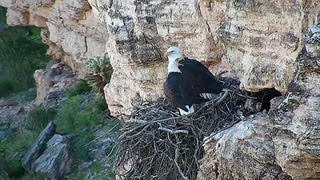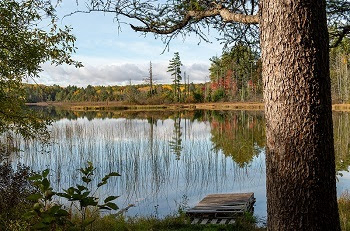Michigan Horse Trail Mandate Moves Forward
Friday, November 6, 2009
Contact:
Erin McDonough – (517) 346-6475
Dave Nyberg – (517) 346-6462
LANSING, MICH – Seventy-six members of the Michigan House of Representatives Thursday voted in favor of House Bill 4610 (Moore, R-Farwell), which would grant equestrian trail riders access to all state land, despite warnings from federal officials that if the bill becomes enacted, the state would likely lose $25 million in annual federal wildlife funding.
In response to a 2007 Michigan Department of Natural Resources (MDNR) land use order restricting backcountry equestrian trail access in northern Michigan’s Pigeon River Country State Forest, the bill seeks to give equestrian trail riders a special exception to land use restrictions. The U.S. Fish and Wildlife Service (USFWS) says the move violates federal and state laws which allows Michigan to qualify for $25 million annually in federal Wildlife and Sportfish Restoration (WSFR) Funding. WSFR funds are generated by excise taxes on sporting equipment and qualifying states receive a distribution of the funds each year for wildlife and sportfish conservation programs.
Michigan United Conservation Clubs joined over thirty sporting and conservation organizations this past summer in denouncing the legislation, arguing that that land management decisions should be made with scientific guidance on a case-by-case basis.
“Given Michigan’s ongoing economic and state budget struggles, it is very disappointing that seventy-six lawmakers are willing to turn down $25 million in management funding in order to allow one of Michigan’s many user groups a special exception to land management rules,” said MUCC Executive Director Erin McDonough. “Sportsmen and women have always been proud and willing to pay for conservation so that we may continue to enjoy our state’s tremendous natural resources, but we also recognize that certain rules, governed by sound scientific management principles are necessary. Michigan’s hunters, anglers, and trappers were left behind on the passing of HB 4610.”
House Bill 4610 now heads to the Senate, where similar legislation (Senate Bill 578, Brown, R-Sturgis) is already being considered in the Senate Natural Resources & Environmental Affairs Committee. A second hearing on SB 578 is scheduled for Thursday, November 12.






